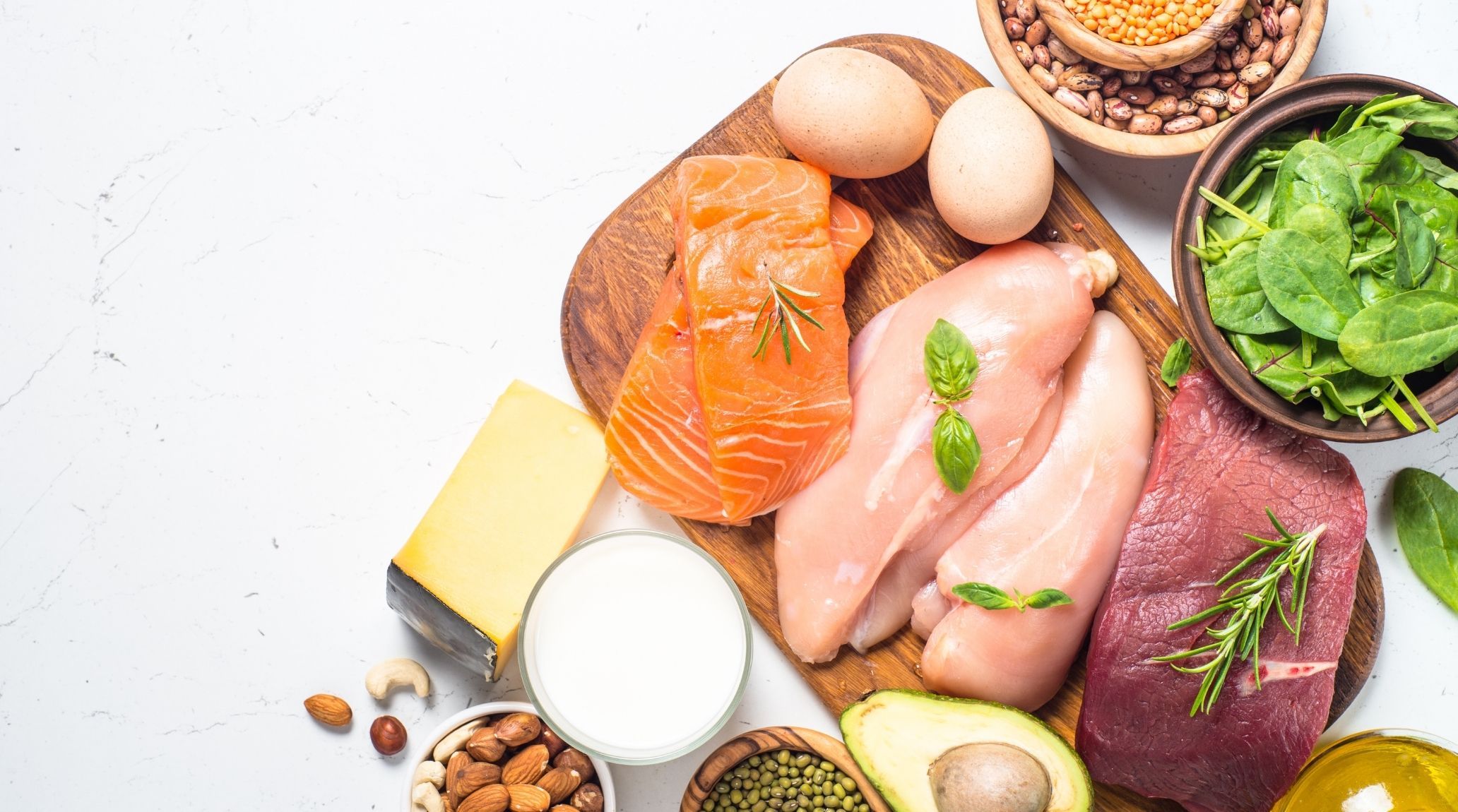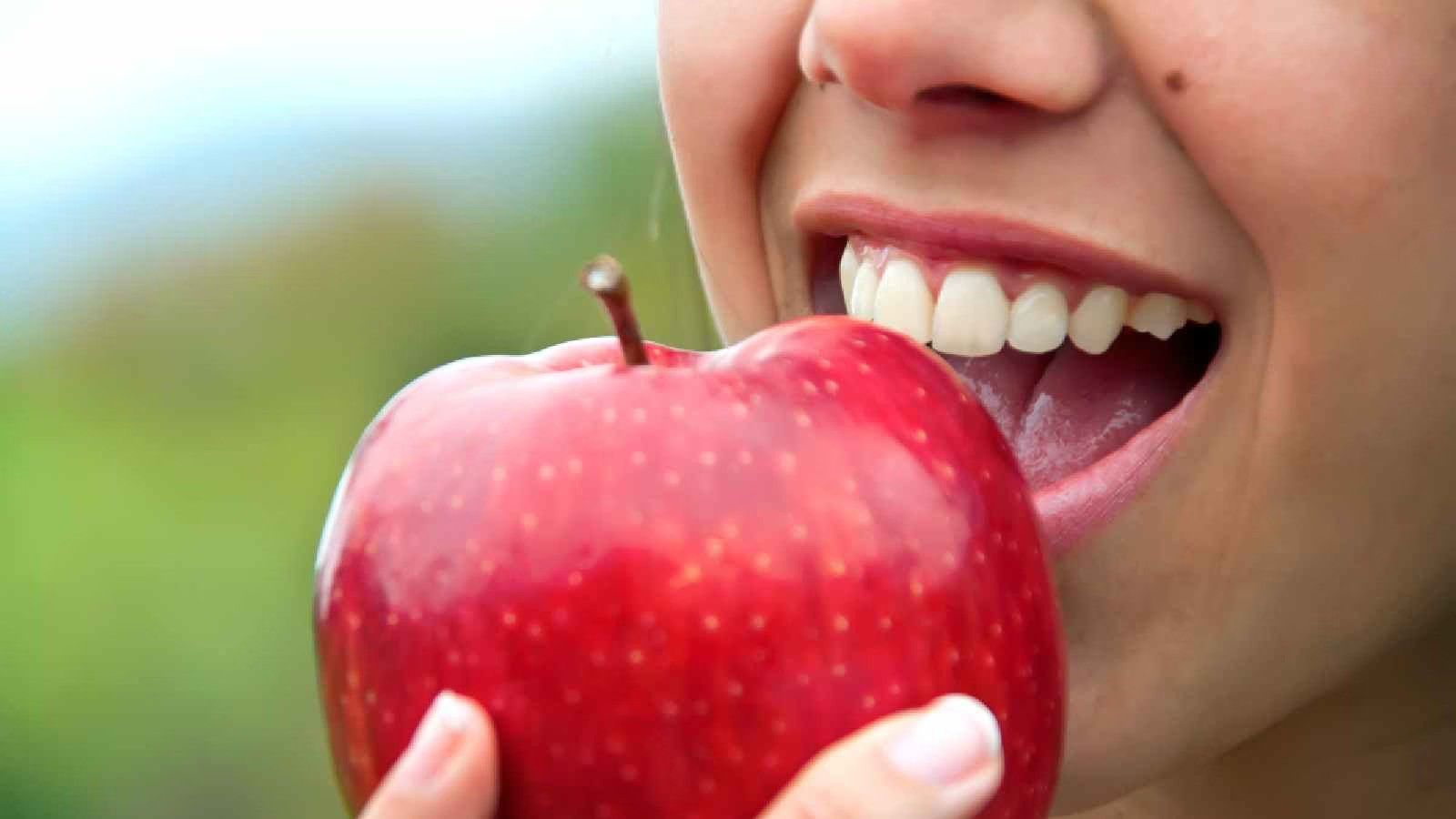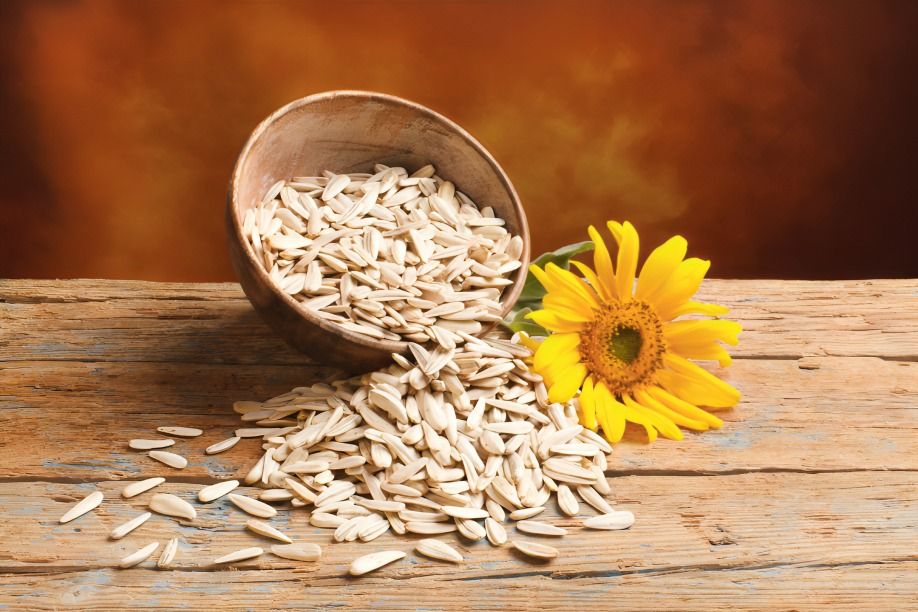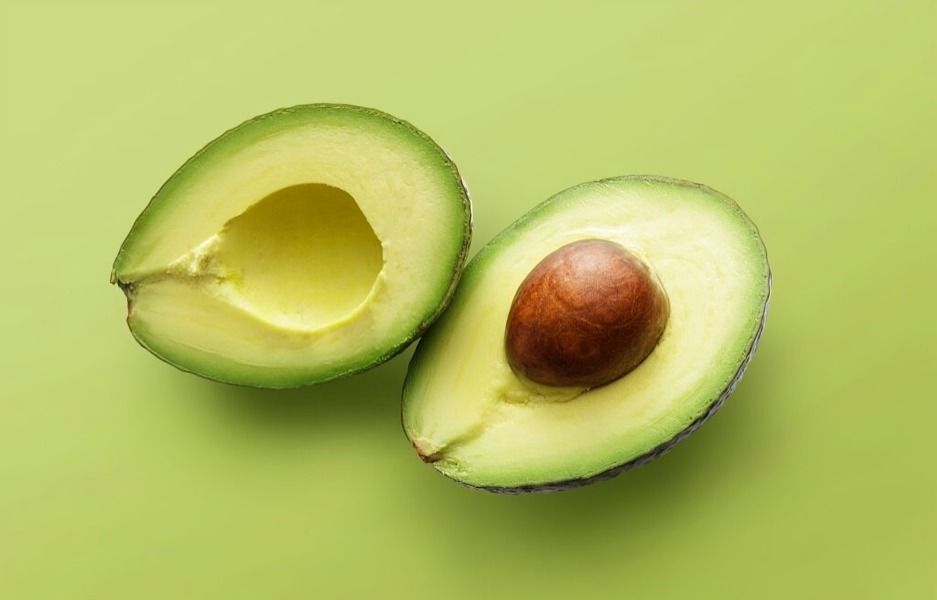
“
Essential nutrients are substances that the body cannot synthesise on its own and must be obtained from the diet. These nutrients are crucial for various body functions, including growth, immune function, and overall health. Here are 20 fascinating facts about essential nutrients that highlight their importance.1
1
”
Essential nutrients are crucial for health because the body cannot produce them on its own. These nutrients must be obtained from external sources. The six essential nutrients include carbohydrates, fats, proteins, vitamins, and minerals. 1
Kamut khorasan wheat is like the superhero of whole grains. It’s loaded with selenium—6 to 8 times more than gluten-free grains—which helps keep your thyroid in check and fights off those pesky free radicals.2
Fish contain omega-3 fatty acids promote heart health, boost brain function, and even dial down inflammation. Plus, the vitamin D in fish is like a superhero for your bones and immune system. 3

An apple a day keeps the doctor away! Rich in fibre, vitamin C, and antioxidants, apples are a convenient and nutritious snack. They’re also perfect for breakfast or as a dessert when stewed.
Seeds are nutritional powerhouses, offering a wealth of essential minerals. Sunflower seeds provide copper, iron, and zinc. Flax seeds contribute phosphorus and selenium. 4
Did you know? Just one cup of carrots provides a whopping 148% of the daily value (DV) for vitamin A. This essential nutrient supports healthy vision, immune function, and skin health. 5
Beef liver, for instance, is packed with multiple B vitamins, including thiamine (B1), riboflavin (B2), niacin (B3), pantothenic acid (B5),folate (B9), and cobalamin (B12).which is crucial for brain health, immune function, and protein metabolism.6
Potatoes are naturally fat-free, cholesterol-free, and low in sodium. They’re an excellent source of vitamin C, and when eaten with the peel, they provide potassium. Foods rich in potassium and low in sodium, help reduce high blood pressure. 7
Kiwi is an excellent source of vitamin C. Just one medium-sized kiwi (about 75 grams) provides 56 milligrams of vitamin C, which is more than your daily requirement which regulates immune function and collagen production. 8

Sunflower seeds contain vitamin E, which supports skin health and acts as an antioxidant. Flax seeds are high in omega-3s and fiber, benefiting heart health and digestion.
Sunlight is a natural and efficient source of vitamin D. This active form of vitamin D is then processed by the liver and kidneys, supporting bone health, immune function, and overall well-being. 9
Leafy green vegetables are the richest sources of vitamin K. These greens include spinach, kale, and broccoli. Additionally, asparagus and sauerkraut also provide notable amounts of this essential vitamin. 10
Nuts like almonds and walnuts are tasty, lean protein sources and healthy fats. They are perfect for snacking, adding to yoghurt, or sprinkling on salads. Nuts are also rich in antioxidants and can help boost your brain power. 11
Red meat, including beef, lamb, and pork, is an excellent source of zinc. A 100-gram serving of raw ground beef provides about 44%–60% of the Daily Value (DV) for males and females. It’s also rich in other nutrients like iron and B vitamins.12
Mushrooms are not only low in calories but also rich in B vitamins. Their immune-boosting properties and ability to synthesise vitamin D when exposed to sunlight make them a delightful addition to your diet. 13

The avocado (Persea americana) has the highest calorific value among all fruits in the world, with 163 kilocalories per 100g. It also contains vitamins A, C, and E, along with 2.2% protein.
Broccoli is a green veggie and a source of plant-based protein. It's delicious when steamed, roasted, or added to stir-fries. Broccoli is also high in vitamins C and K, fibre, and antioxidants. 14
Quinoa, This nutritious seed contains 70% carbs and is also a good source of protein and fibre. Quinoa has been linked to improved blood sugar management and heart health. It’s gluten-free and filling, making it a great choice. 15
Buckwheat: Despite its name, buckwheat is not related to wheat and is gluten-free. It’s another pseudocereal with 70% carbs. Buckwheat is nutritious and versatile, often used in dishes like pancakes and soba noodles.16

The Wolffia globosa holds the record for the smallest fruit. It's so tiny that it's barely visible to the naked eye and is often compared to a grain of salt. Despite its size, it's a nutritional powerhouse packed with protein and omega-3 fatty acids.


